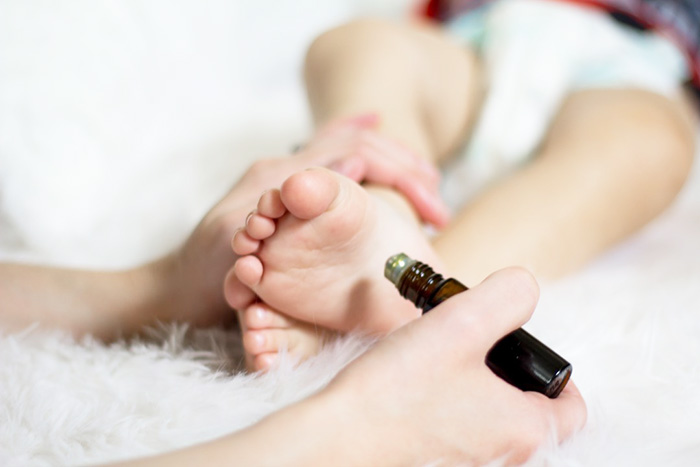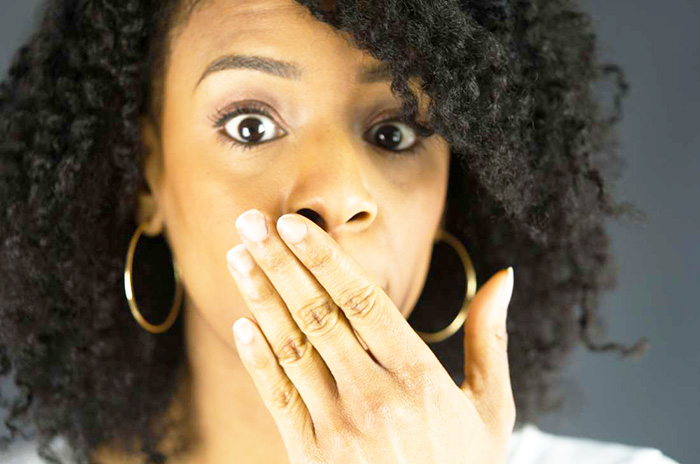Just because you are not fond of coffee doesn’t mean that this article does not concern you. If you tend to consume a lot of black tea, green tea, soda, energy drinks, chocolates and even some weight loss or fitness supplements, then you’re also at risk of caffeine overdose — so keep on reading.
Don’t forget to share this article on your various social media sites afterwards especially if you have family members or friends who love coffee or anything else that has caffeine in it.
What is Caffeine?
Caffeine is a chemical that naturally exists. Some of the most common sources of it include coffee beans, cocoa beans, kola nuts and tea leaves. Despite of it being found in nature, caffeine is actually regarded as a drug.
The reason why caffeine is classified as a drug is the fact that it is a stimulant. This means that it increases some of the processes taking place within the body, most especially those that concern the nervous system. It’s exactly for this reason why caffeine can make you feel more alert or energetic temporarily.
How Much Caffeine is Recommended?
Being a stimulating drug, health authorities came up with guidelines on how much caffeine intake is recommended. Per day, healthy adults should have no more than 400 milligrams of caffeine per day. Adolescents, on the other hand, should have 100 milligrams or less per day. Pregnant and breastfeeding moms are encouraged to take no more than 200 milligrams of caffeine per day as experts are not so sure about the full range of effects of caffeine on babies.
However, the daily caffeine limit per day tends to vary from one person to the other. It all depends on certain factors such as the weight, overall health and how quickly the body metabolizes or gets rid of caffeine.
What are the Sources?
Contrary to popular belief, coffee is not the only source of caffeine. The said stimulating chemical can also be found in tea, soda and chocolates. Food manufacturers may actually add it to their products, such as energy drinks. There are lots of supplements for bodybuilding and fitness aficionados as well as those who like to slim down that have caffeine.
The amount of caffeine found in an 8-ounce cup of coffee is about 95 milligrams. The same amount of black or green tea has anywhere from 30 to 80 milligrams of caffeine, depending on the brew or quality of the tea leaves.
How Caffeine Overdose Happens?
Needless to say, ingesting too much caffeine is the root cause of caffeine overdose. How much caffeine needs to be in the system in order for caffeine overdose to strike is a case to case basis. For instance, someone who is not fond of drinking coffee may have caffeine overdose even without going past the daily limit of 400 milligrams of caffeine.
On the other hand, someone who is used to consuming lots of coffee may not experience caffeine overdose even after going past the recommended daily amount of caffeine. Because of their body size, children and adolescents are more susceptible to caffeine overdose.
What are the Signs and Symptoms?
Some of the most common signs and symptoms of caffeine overdose include headaches, irritability, dizziness, anxiety, increased thirst, diarrhea and insomnia.
In cases in which large amounts of caffeine are ingested, more severe symptoms are usually encountered. Some of those are shortness of breath, irregular or rapid heart rate, vomiting, confusion, hallucinations and convulsions. When these things are present, immediate medical treatment is warranted.
How is It Treated?
The goal is to minimize the amount of caffeine that enters the system of the individual. For instance activated charcoal may be administered, a common treatment for drug overdose.
Laxatives may also be provided. In some instances, a medical procedure known as gastric lavage is carried out. Such entails the use of a tube in order to wash the stomach’s content out.








